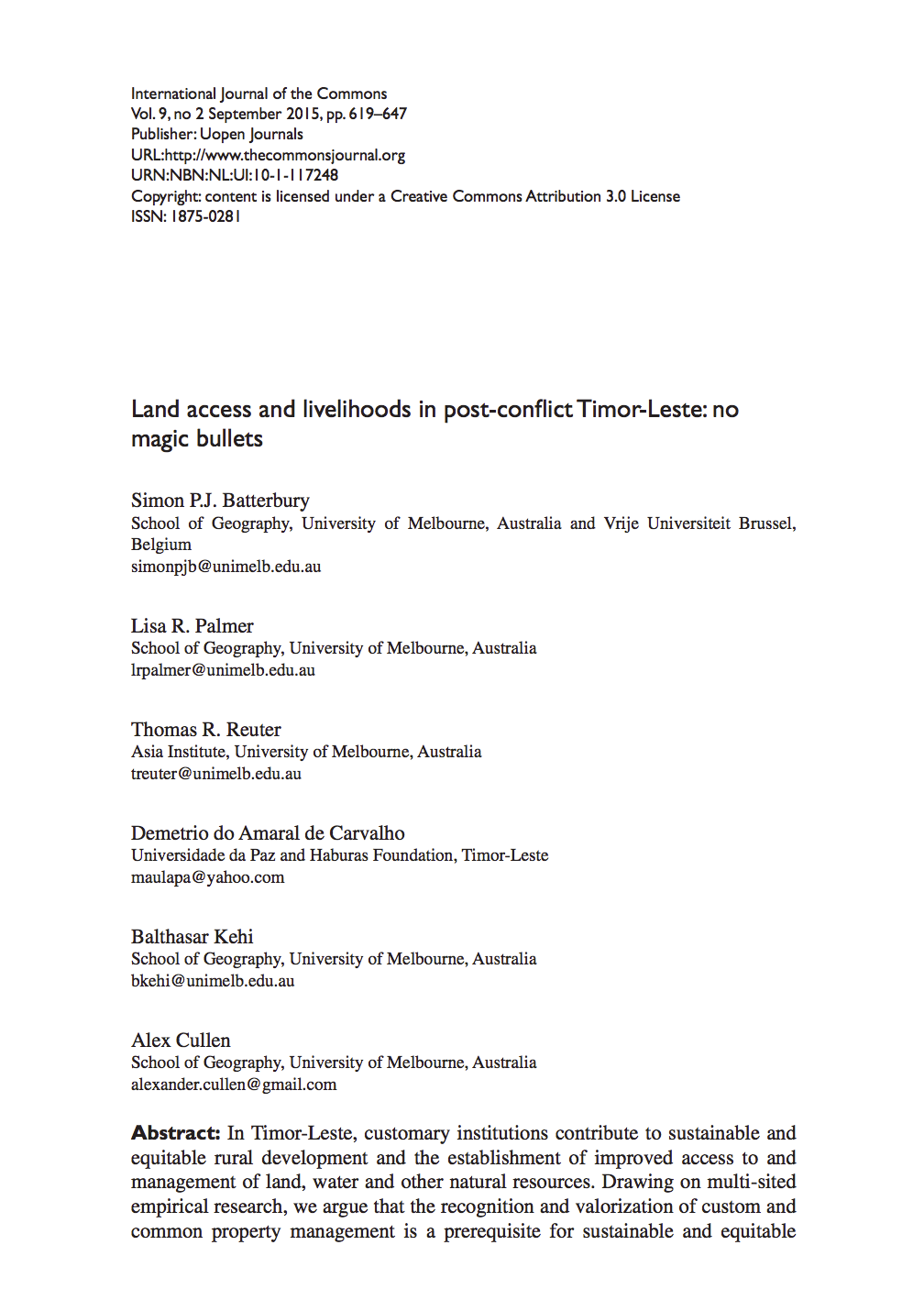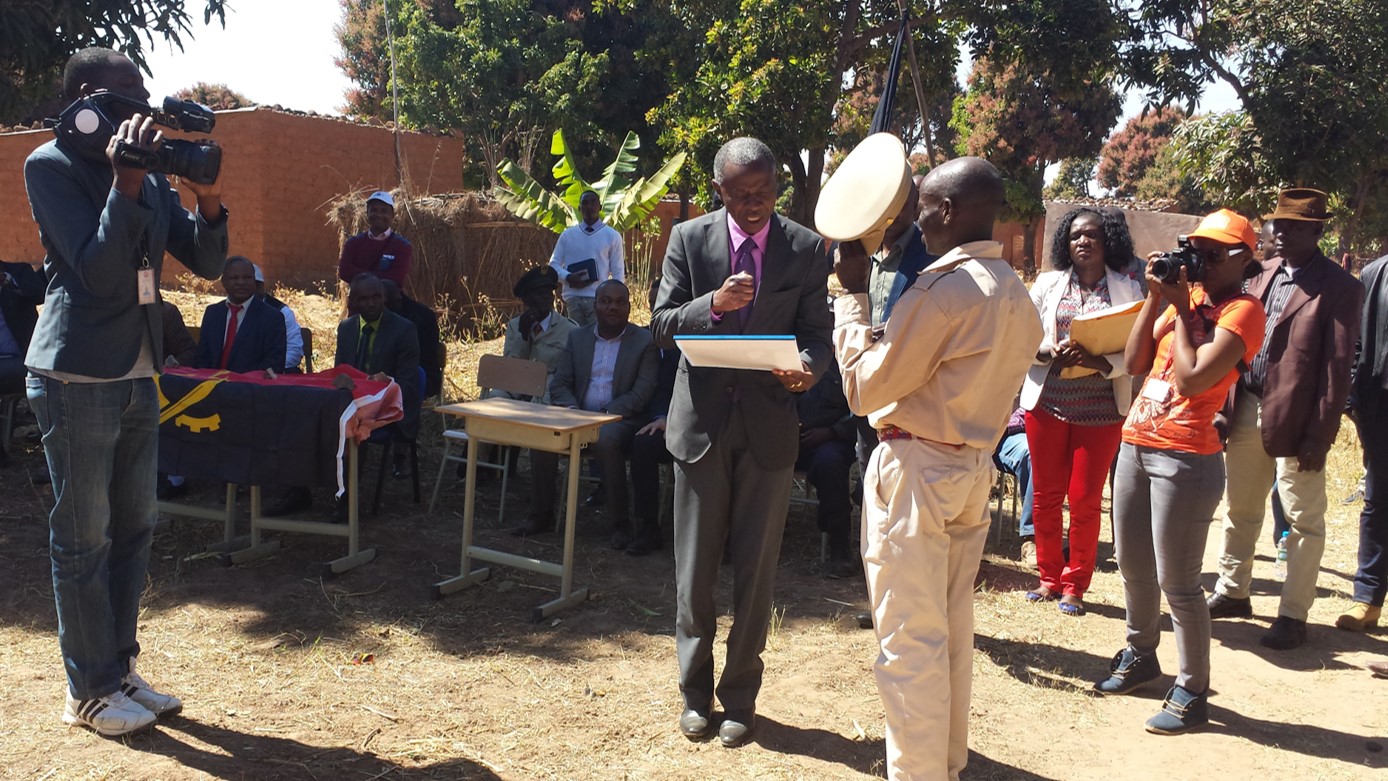الموافقة الحرّة والمسبقة والمستنيرة: حق الشعوب الأصلية وممارسة جيّدة للمجتمعات المحلّية
صمم دليل حق الشعوب الأصلية وممارسة جيدة للمجتمعات المحلية كأداة للمارسي المشاريع في طيف واسع من المشاريع والبرامج التابعة لأي منظمة تنموية، حيث يوفر معلومات حول حق الشعوب الأصلية وممارسة جيدة للمجتمعات المحلية وكيف يمكن تنفيذها في ست خطوات. ويكمل هذا الليل سياسة منظمة الأغذية والزراعة الخاصة بالشعوب الأصلية والقبلية (2010) والتي تدرج حق الشعوب الأصلية وممارسة جيدة للمجتمعات المحلية كواحد من مبادئها.




